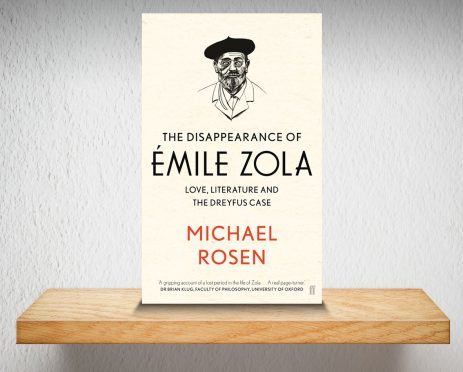In July 1898, novelist Emile Zola crossed the Channel from Paris to London, at the height of the controversy surrounding the Dreyfus case.
Zola had just penned his celebrated polemic, J’accuse, in which he lambasted the French establishment and a military court in particular for sanctioning the ritual humiliation and expulsion of a Jewish captain, Alfred Dreyfus, to Devil’s Island, on trumped-up charges of espionage.
Though a huge literary celebrity at the time, Zola arrived in secrecy. He had been forced to retreat in the face of a charge of defamation relating to a single sentence in his article, accompanied by the threat of a year’s imprisonment.
It was one of many delaying and evasive tactics that the anti-Dreyfusard lobby deployed to obstruct the progress of justice. So began a year of often miserable exile, largely spent in a dull Surrey suburb.
Conditions were much better for Zola than for Dreyfus, of course, but the book details well the more subtle privations of exile – absence from friends and family, the missed comforts (and especially food) of home, impotence in the face of his opponents’ slurs.
To help the time go by, Zola powers through a new novel and writes endless letters to Jeanne, his mistress and the mother of his two children, whilst trying not to upset his wife, Alexandrine, who tolerates the arrangement.
While the book’s subject remains urgently important, it fails to captivate as a narrative. Too little space is devoted at the outset to setting the context of Zola’s achievements and celebrity at the time of his arrival in England.
But there is additional interest, at least, in a section on Zola’s reception by English critics, and translations of a short story he wrote while in exile and of J’accuse itself.
